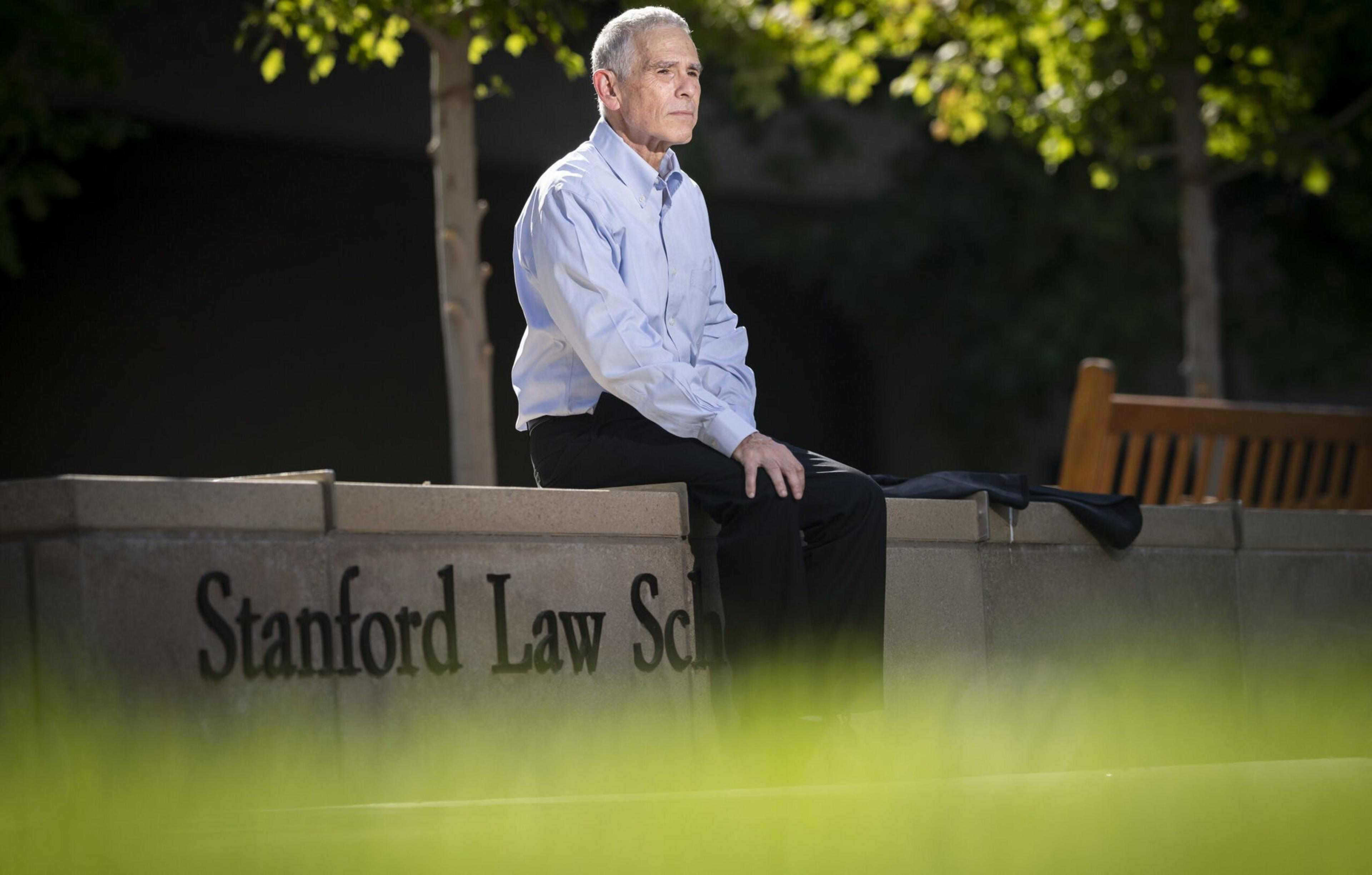Barbara Fried, the Stanford Law School professor and mother of disgraced FTX founder Sam Bankman-Fried, will not be teaching next year.
Fried is mentioned in the course description of the Legal Studies Workshop (opens in new tab) class at Stanford Law, but she’s not listed as the instructor for the course, according to the Stanford course catalog.
She’s not teaching any of the other courses (opens in new tab) listed in her faculty profile next year either.
It’s possible Fried was already not planning to teach this upcoming year, as she is an emerita (opens in new tab) professor, a title given to about-to-retire or retired professors who are not required by the school to teach a class.
However, in the past several years she’s taught actively, and former students said she seemed to love teaching, regularly going above and beyond for them and opening her home to students.
Stanford Law School and Fried did not return requests for comment.
Fried was last spotted in the Bahamas (opens in new tab) in late November with her 30-year-old son, known as SBF, who hasn’t been accused of a crime but could face serious criminal charges (opens in new tab).
Fried’s husband and SBF’s father, another famed Stanford Law professor, has canceled his classes for next year.

Fried is multifaceted: in a tweet thread (opens in new tab) about her that SBF wrote on Mother’s Day this year, he praised her for being an intellectual leader in the “effective altruism” charity movement as well as a published fiction writer (opens in new tab).
The founder of large Bahamas-based cryptocurrency exchange FTX, SBF was once worth $26 billion (opens in new tab). But in November, the exchange collapsed and filed for bankruptcy amid allegations he mismanaged customer funds.
The parents also came under scrutiny when news surfaced that it seemed they had been provided a $16.4 million vacation home in the Bahamas (opens in new tab) from FTX.
The parents have said they are actively trying to return the property (opens in new tab), and SBF said last week (opens in new tab) that “it was not intended to be their long-term property. It was intended to be the company’s property.”
